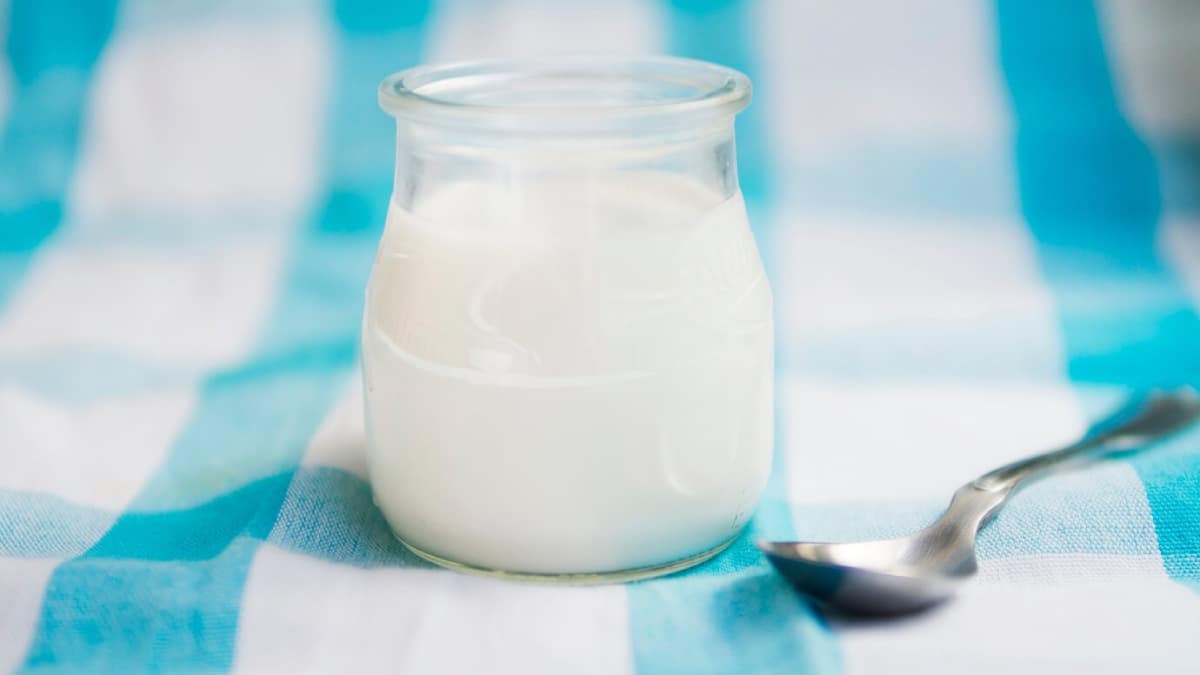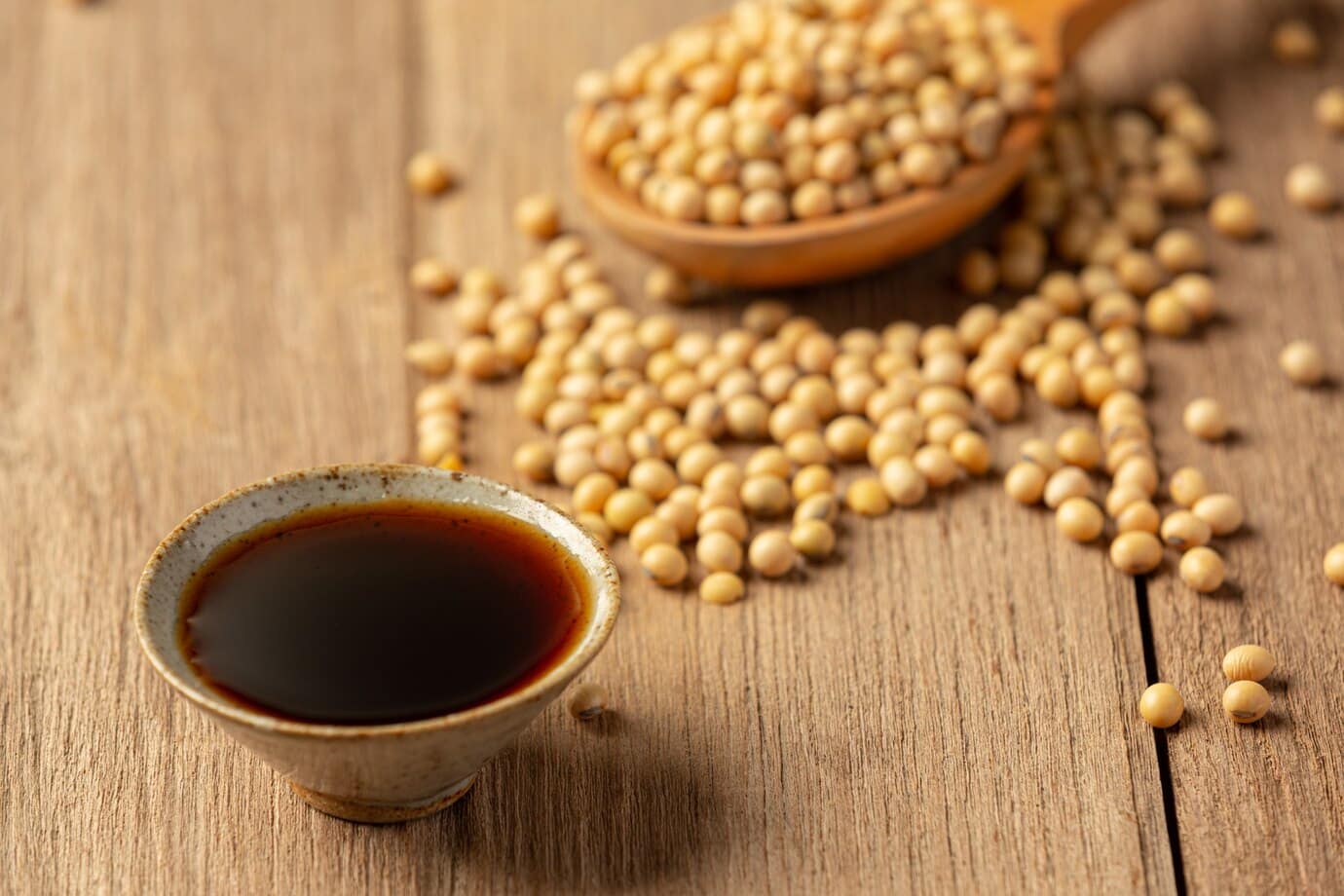
Top Fermented Foods That Naturally Support Digestive Health
Imagine feeling less bloated, having more energy, and staying fuller longer—all by tweaking your daily plate. That’s the power of gut health fermented foods. We often hear about the importance of probiotics, but few people realise just how powerful fermented foods can be in transforming digestive wellness.
If you’re tired of digestive discomfort or simply looking to support a more balanced microbiome, you’re in the right place. In this guide, we’ll walk through the best fermented foods for digestive health, backed by science, tradition, and real-life stories. Whether you’re new to fermented foods or a kimchi connoisseur, you’ll find practical tips and ideas you can incorporate into your routine immediately.
Why Gut Health Matters More Than You Think
Your Second Brain Lives in Your Belly
The gut is home to trillions of microorganisms known as the gut microbiota. This community helps:
- Break down food
- Absorb nutrients
- Regulate hormones
- Strengthen the immune system
When your gut flora is imbalanced, you may experience:
- Bloating
- Constipation or diarrhoea
- Fatigue
- Mood swings
Incorporating digestive probiotics can restore that balance and improve overall health.
What Are Fermented Foods?
Fermented foods are those that have undergone lacto-fermentation, a natural process where beneficial bacteria convert sugars into lactic acid. This creates a tangy taste and loads the food with gut-friendly microorganisms.
Some key benefits include:
- Improved digestion
- Increased nutrient bioavailability
- Natural food preservation
- Reduced inflammation
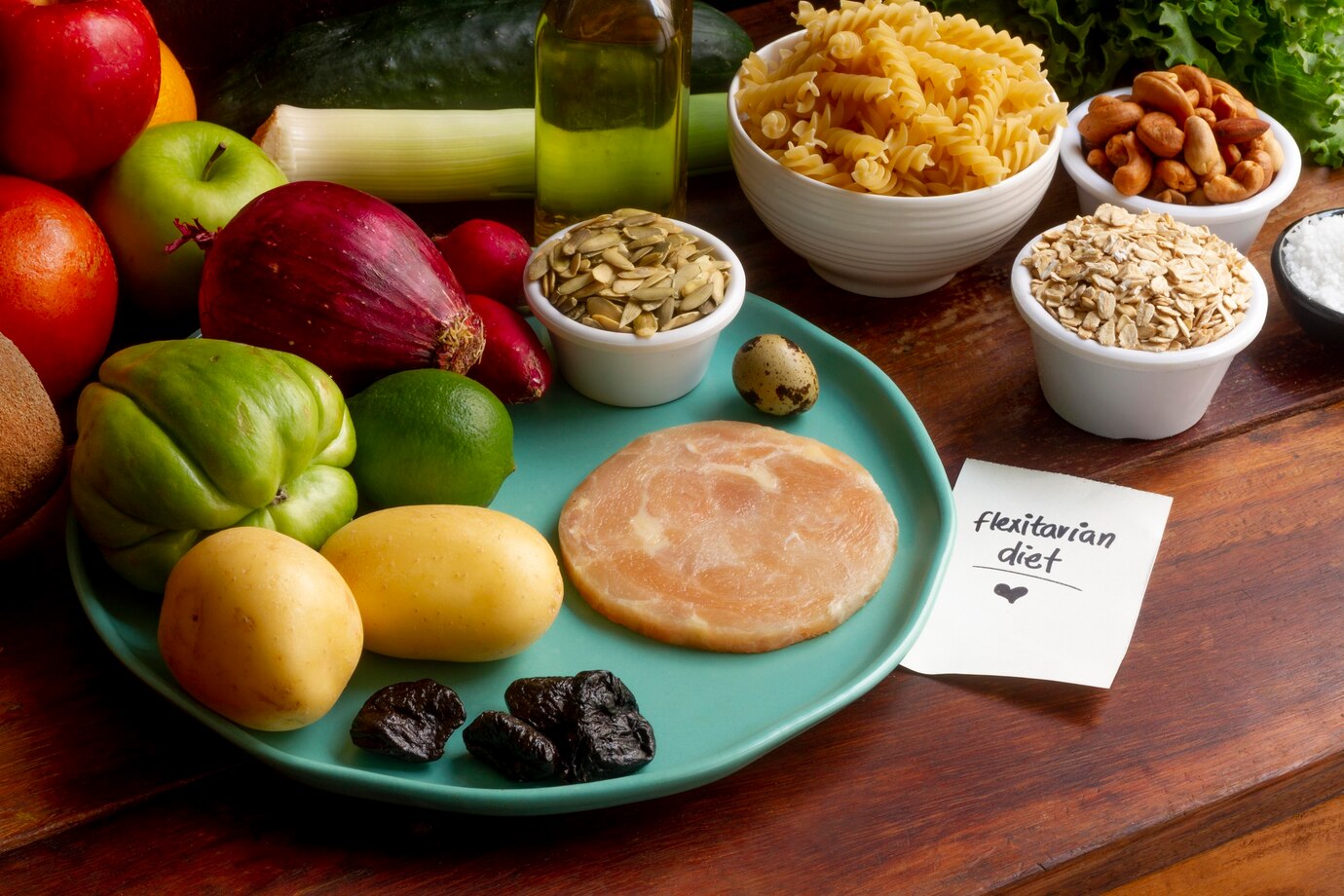
The Best Fermented Foods for Digestive Health
1. Yoghurt (Live & Unsweetened)
One of the most accessible and popular probiotic foods, live yoghurt is packed with Lactobacillus and Bifidobacteria strains that directly support digestion.
How to Use:
- As a breakfast base with fruit and seeds
- In smoothies
- As a cooling side to spicy meals
Look For: “Live cultures” or “active cultures” on the label. Avoid sweetened varieties.
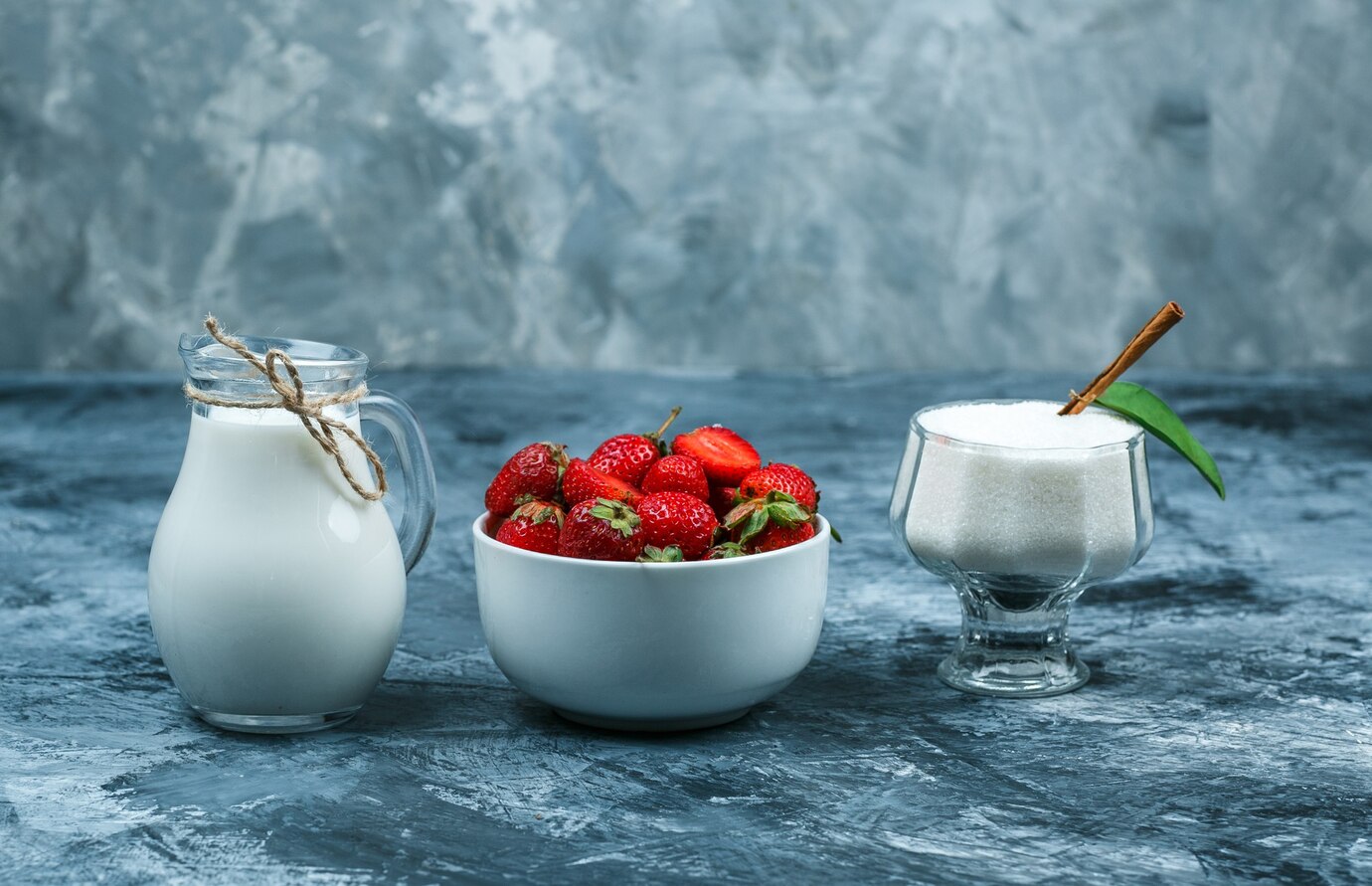
2. Kefir (Fermented Milk Drink)
Think of kefir as yoghurt’s tangier, more powerful cousin. It contains up to 30 strains of probiotics, including yeasts and beneficial bacteria.
Why It’s Great:
- Helps with lactose digestion
- Supports immune function
- May reduce inflammation in the gut
Use It:
- As a drink
- Over granola
- In salad dressings
3. Sauerkraut (Fermented Cabbage)
A classic European staple, sauerkraut is rich in fibre and enzymes that support smooth digestion.
Nutritional Power:
- Contains lactic acid bacteria
- High in vitamin C and K
- Encourages stomach acid production
Add It To:
- Sandwiches and wraps
- Grain bowls
- Scrambled eggs
4. Kimchi (Korean Fermented Vegetables)
Kimchi is a spicy, flavour-packed Korean dish typically made with cabbage, radish, garlic, and chilli.
Why It’s Special:
- Contains both probiotics and prebiotics (fibre to feed the good bacteria)
- May help lower cholesterol and reduce inflammation
- Aids fat metabolism
Try It:
- With rice and eggs
- In grilled cheese sandwiches
- As a side to roast meats
Dive deeper with Exploring Korean Fermentation: Kimchi Beyond Napa Cabbage.
5. Miso (Fermented Soybean Paste)
Used in Japanese cuisine, miso is made from fermented soybeans, barley, or rice and packed with flavour and digestive probiotics.
Health Highlights:
- Rich in isoflavones and antioxidants
- Supports liver detoxification
- Strengthens the gut lining
Ways to Use:
- In soups and broths
- As a marinade or glaze
- Mixed into salad dressings
6. Tempeh (Fermented Soy Cake)
Tempeh is another soy-based food, but it’s firmer, nuttier, and more filling.
Gut-Friendly Qualities:
- Contains prebiotics and probiotics
- Improves absorption of minerals
- High in protein and fibre
Best In:
- Stir fries
- Salads
- Tacos and wraps
7. Pickles (Naturally Fermented)
Not all pickles are equal. Only those fermented in brine (not vinegar) are probiotic.
Why They’re Great:
- Promote digestion
- Enhance gut flora
- Support hydration with electrolytes
Eat With:
- Burgers and sandwiches
- Charcuterie boards
- As a snack with hummus
8. Kombucha (Fermented Tea)
Kombucha is a lightly fizzy, tangy tea drink created by fermenting sweet tea with a SCOBY (symbiotic culture of bacteria and yeast).
Benefits:
- Provides digestive enzymes and probiotics
- Supports liver and kidney detox
- May improve energy and mood
Drink It:
- Cold, as a soda alternative
- Mid-afternoon pick-me-up
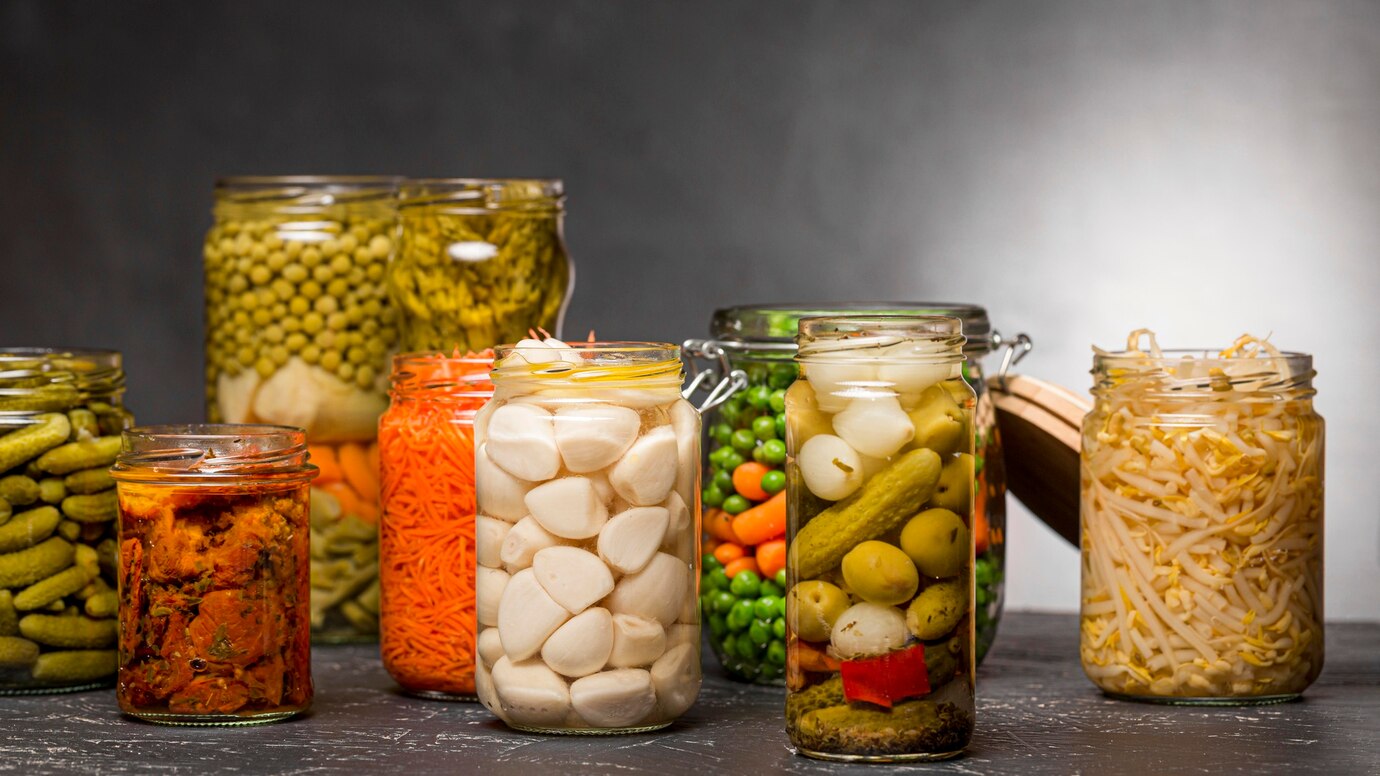
Tips for Adding Fermented Foods to Your Diet
Start Small
Your body might take time to adjust. Start with one type daily (e.g., a tablespoon of sauerkraut) and gradually increase.
Pair with Fibre
Fermented foods work best when paired with a fibre-rich diet. Fibre acts as a prebiotic, feeding your good bacteria.
Rotate for Variety
Different fermented foods offer different strains of probiotics. Rotating helps populate your gut with a diverse microbiota.
Avoid Heat
Live cultures are destroyed above 48°C. Add fermented foods at the end of cooking or serve cold to preserve their benefits.
Anecdotes: Real Stories from Real Guts
“I had bloating after every meal. Adding a spoon of kimchi with lunch changed everything. I feel lighter, and my skin has improved too!” — Emily, Manchester
“My dietician recommended kefir during my IBS flare-ups. It took a few weeks, but I can honestly say it’s made a huge difference.” — James, Bristol
“I make my own sauerkraut now. It’s easy, cheap, and tastier than store-bought. Even my kids eat it.” — Nadia, Glasgow
Safety and Storage Tips
- Always refrigerate store-bought and homemade fermented products after opening.
- Use clean utensils to avoid contamination.
- Check for off smells, discolouration, or mould – when in doubt, toss it out.
- Homemade ferments can be stored for several weeks to months depending on the type.
Frequently Asked Questions
How quickly do fermented foods help digestion?
You may start noticing less bloating and better regularity within 1–2 weeks.
Can I eat fermented foods every day?
Absolutely! Just introduce them gradually to avoid temporary gas or bloating.
Are fermented foods safe during pregnancy?
Yes, when properly prepared and stored. Stick to pasteurised or trusted homemade versions.
Trust Your Gut (Literally)
Your digestive system is more than a food processor; it’s the command centre for your health. And gut health fermented foods offer a natural, delicious way to support that system every day. From spicy kimchi to soothing yoghurt, there’s something for every palate and every plate.
Fermented foods are not just a trend – they’re a return to tradition. They connect us with ancient food wisdom while delivering modern wellness.
Why not begin today? Choose one fermented food to try this week. Notice how your body feels, how your meals transform, and how your gut responds. If you loved this guide, don’t forget to share it, comment with your favourite ferments, or subscribe to get weekly digestion tips in your inbox!
Want to know how to make your own? Check out How to Start Fermenting Vegetables at Home.
